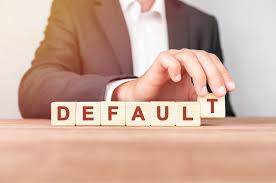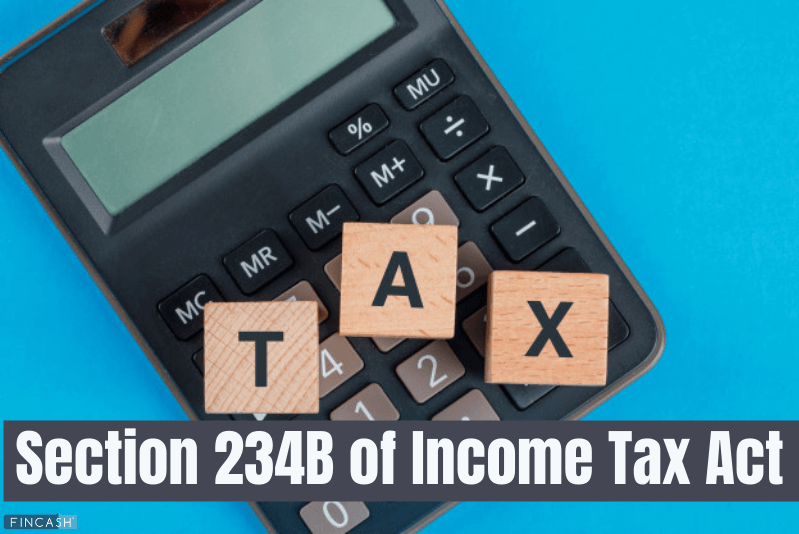
Default
What is Default?
Default is considered as the failure to repay a debt, including both the principal and interest amounts, taken on a security or a loan. A default can take place when a borrower is not competent to make timely payments, stops instalments, or misses them.

Not just individuals, but even businesses and countries can go default if they are unable to keep up with debt obligations.
Understanding Default
A default can also occur on secured debt. Suppose if somebody has taken a mortgage loan by keeping his business or house as security. If the person is incompetent to pay back on time, his assets will be seized, and he can be tagged as a default.
Similar to this, if a business is issuing Bonds, essentially the ones borrowing from investors, and is unable to make payments to the bondholders, the business can be tagged as default. Going default definitely has a negative impact on the Credit Score of the borrower, and his ability to acquire funds in the future becomes minimal to nil.
What to do upon Being Default?
One of the recommended steps is to contact the lender as soon as you realize you are facing a financial crunch. The lender might be able to work out an advantageous plan that will help you make payments and avert the tag of a defaulter.
It is important to note that no lender would be able to help you if your payments have already gone into default. Since your lender will be more eager to get the money back from you, they would be able to create a better rescue plan. Ultimately, ignoring the repayment instalments might lead to more issues.
Default Example
As commanded by the Securities and Exchange Board of India (SEBI), companies are responsible for disclosing their loan defaults by the end of every quarter. And, as of December 2019, almost 60 listed companies disclosed a combined amount of Rs. 75,000 crores as defaulted.
Talk to our investment specialist
Not just that, but there are nine such companies that have defaulted on the loans worth Rs. 1000 crore+ each. As per the disclosure made by the stock exchange, the Anil Ambani Group entities, like Reliance Naval & Engineering, Reliance Communications, Reliance Power, and Reliance Infrastructure have defaulted on loans with a total amount more than Rs. 43,800 crores.
This default amount comprises loans from financial institutions and banks with unlisted debt securities like non-convertible redeemable preference shares (NCRPS) and non-convertible Debentures (NCDs).
All efforts have been made to ensure the information provided here is accurate. However, no guarantees are made regarding correctness of data. Please verify with scheme information document before making any investment.








